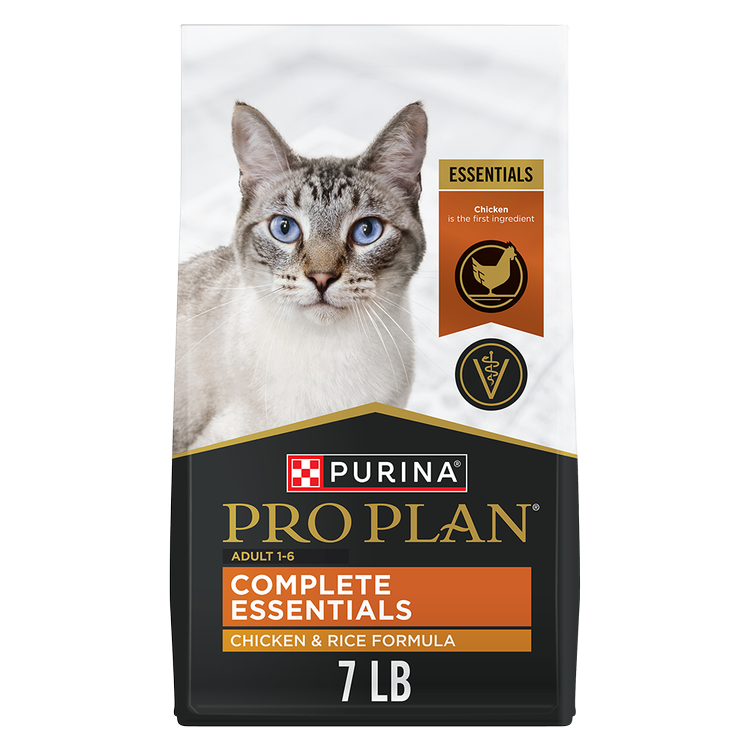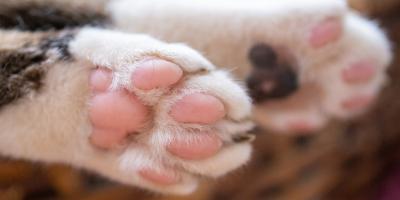Unusual Cat Illness Symptoms to Watch Out For


As a loving cat owner, you want your pet to be as happy and healthy as possible. Unfortunately, cats can’t tell us when they don’t feel well, so it can be difficult to know when they might need help.
Warning Signs
Cats tend to shy away from contact when they’re under the weather, rather than seek comfort. This protective instinct can make it tough for you to keep an eye on them.
One way to limit cat health problems is by taking your pet for a check-up with your veterinarian every 6-12 months. This is especially important when they’re over 8 years old.
If you suspect your cat isn’t feeling well, their symptoms can offer important clues. Here are some common cat illnesses and signs to look out for.
A Change in Appetite
If your cat is eating less than normal, don’t panic. It may be due to fairly benign reasons such as eating excessive snacks, very hot weather (this can affect appetite), or hunting outdoors.
However, if the change in appetite persists for more than a couple days (and you’re still not sure why), contact your veterinarian. It may suggest hidden cat health problems – especially for older felines.
Vomiting Sickness
Vomiting hairballs or grass occasionally can be normal. If your cat throws up more frequently, vomits food or blood, or has trouble swallowing, talk to your veterinarian.
Throwing up can be a sign of many different cat illnesses including intestinal problems and kidney and liver disease. Vomiting accompanied by lethargy, depression, diarrhea or loss of appetite indicates an underlying problem.
Toilet Trouble
If your cat has persistent diarrhea, or if their feces is black in color or contains blood or mucus, there could be a issue with their health.
Additional symptoms such as vomiting, lethargy, loss of appetite or weight loss are signs you should contact your veterinarian as soon as possible.
If your cat strains unsuccessfully to poop or their stool is very hard or full of hair, they are likely experiencing other kinds of digestive upset.
A cat who squats without peeing (or only produces a small amount of pee), cries when in the litter box, or passes blood in their pee may have a urinary tract infection.
Some infections, such as cystitis, are quite common and can be easily treated. More serious infections could lead to a feline lower urinary tract disease (FLUTD), which can be very dangerous for your pet’s health if left untreated.
Excessive Weight Gain
If your cat gains a lot of weight quickly, it can lead to obesity, which in turn can result in diabetes, mobility problems and other diseases. You should be able to just about feel your cat’s ribs when you stroke or hold them; if not, then they may be overweight.
(Learn how to perform a body conditioning assessment for your cat.)
Speak to your veterinarian first if you think your cat needs to shed some weight, as they can recommend the best way to gradually help them get in shape. Any changes to your cat’s diet need to be made carefully to avoid causing them any tummy trouble.
If you feel that only your cat’s stomach is enlarged, this could potentially be caused by fluid retention.
Increased Drinking/Urinating
If you recently changed from wet cat food to dry, it’s likely your pet will drink more water until they’re used to the change.
If your cat suddenly starts drinking or urinating more without a change in diet, it could be a sign of a disease such as diabetes or other cat health problems related to their kidneys. Contact your veterinarian.
Skin Coat Problems
The state of your cat’s skin and coat is a general indicator of their health. Their skin should be pink or black, and their coat should be smooth and shiny. Other positive signs are a lack of dirt and sores.
If your cat is scratching more than usual or their coat is greasy, these are signs of dryness. Dry skin can be caused by factors such as dry air, allergies, diet and underlying illnesses.
Additionally, if you see any unusual bumps or skin inflammation, contact your veterinarian.
Remember, when cats aren’t feeling well, they tend to hide their pain. But if you pay attention to the signs, you can ease their discomfort and, if necessary, take them to the veterinarian for treatment.
Want more feline health tips? Check out our cat health articles for advice from our experts.
Related articles

Earn myPurina Rewards with Every Purchase
Use your points for treats, toys, and gift cards with myPurina app.






